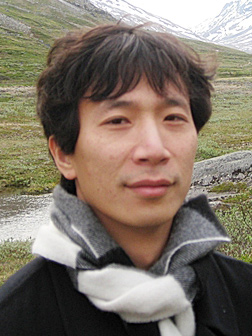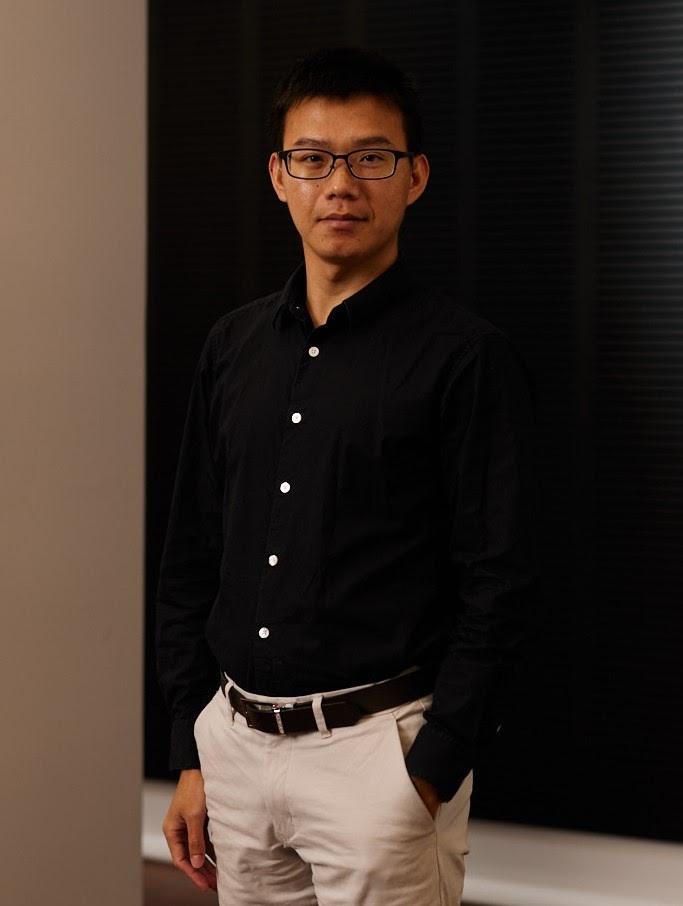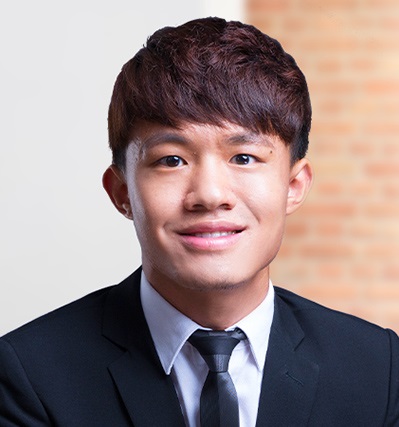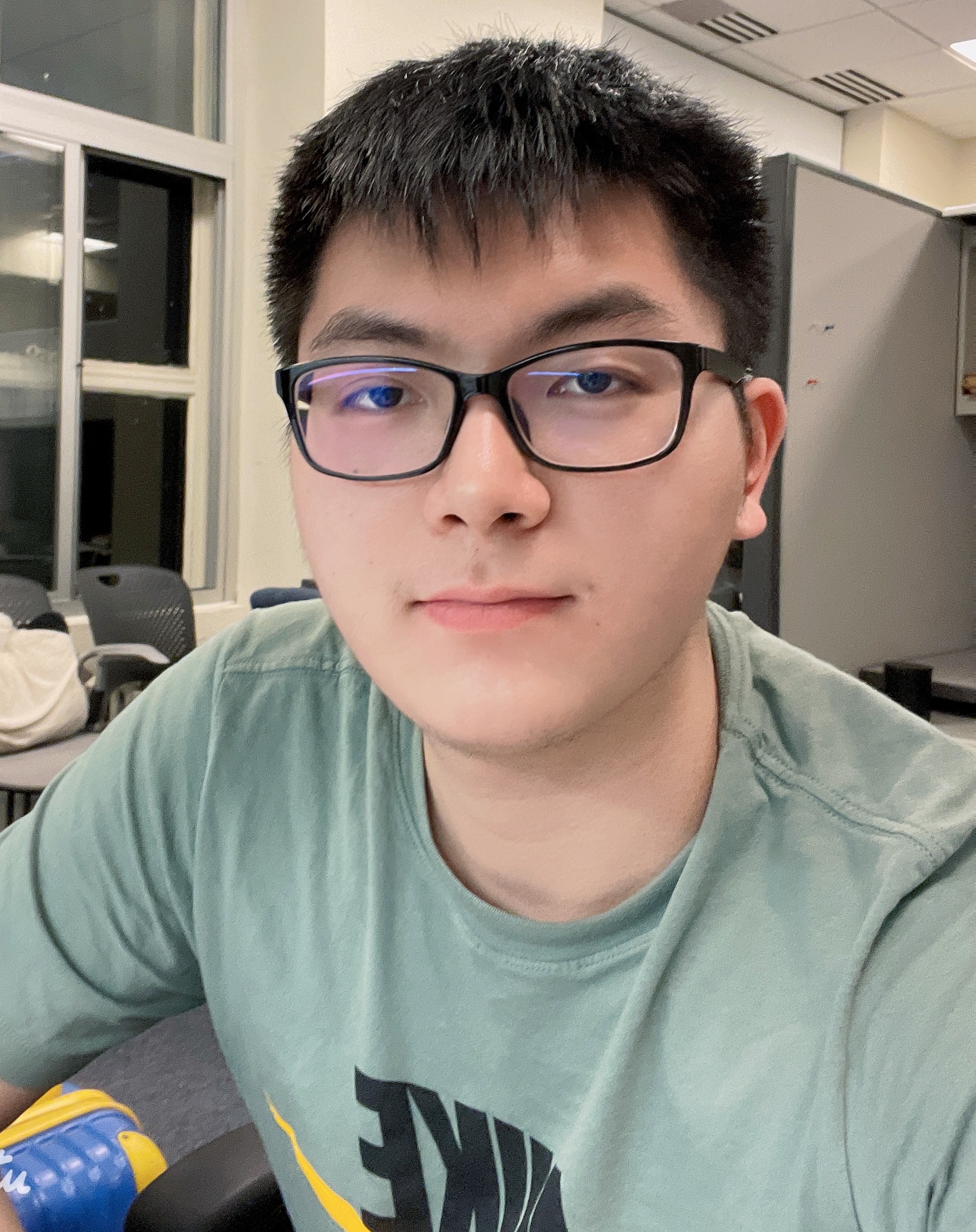About ADFM 2024
The rapid advancement of foundation models in fields like healthcare, cybersecurity, and finance highlights the urgent need to improve their anomaly detection capabilities. Despite their growing application in high-stakes areas, the challenges of using these models for anomaly detection remain underexplored. The Anomaly Detection with Foundation Models (ADFM 2024) workshop aims to address this gap by focusing on the intersection of foundation models and anomaly detection. Our organizing and technical committee, composed of leading experts, provides a platform for advancing research and discussing the recent breakthroughs, and the technical and ethical implications of deploying these models. ADFM 2024 will foster interdisciplinary collaboration and contribute to the development of more reliable and effective anomaly detection systems in artificial intelligence.
Where
International Convention Center Jeju (ICC Jeju) (3F: Room 301), Jeju Island, South Korea
When
02:00 PM - 05:25 PM KST
August 4, 2024
Keynote Speakers
[More info about keynote speakers will be updated here]

Chen Qiu
Bosch Research

Jong-Seok Lee
Yonsei University

Guansong Pang
Singapore Management University
ADFM 2024 Schedule
[in Jeju local time]
[Tentative; subject to change]

Opening Remarks Ziyue Li
Paper Presentation Yangfan He et al.
DDPM-MoCo: Advancing Industrial Surface Defect Generation and Detection with Generative and Contrastive Learning
Coffee Break

Keynote Guansong Pang
Generalist Anomaly Detection
Paper Presentation Man Li et al.
Robust Self-Supervised Deep Tensor Decomposition for Corrupted Time Series Classification
Paper Presentation Hsiu-Hua Chou et al.
Dual Memory-guided Probabilistic Model for Weakly-supervised Anomaly Detection
Paper Presentation Aodong Li et al.
Paper Presentation Jiangning Zhang et al.
GPT-4V-AD: Exploring Grounding Potential of VQA-oriented GPT-4V for Zero-shot Anomaly Detection

Closing Remarks Ziyue Li
Submissions
Submission Instructions
We welcome full paper submissions. The papers must be no longer than 9 pages in total: 7 pages for the body of the paper and 2 pages for references. Please submit at the following CMT website:
ADFM 2024 CMT submission website.
The paper submissions must be in pdf format and use the IJCAI 2024 official templates. All submissions must be anonymous and conform to the IJCAI 2024 standards for double-blind review. The accepted papers will be posted on the workshop website and will not appear in the IJCAI 2024 proceedings. IJCAI 2024 workshop chairs enforce that at least one author of each accepted paper must travel to the IJCAI venue in person and present the paper, and that multiple submissions of the same paper to more IJCAI workshops are forbidden. Failure to comply with the aforesaid rules may cause the paper to be removed from the workshop program.
Submission deadline: April 26 May 10, 2024 AOE Time
Notification to authors: May 31, 2024
Camera ready deadline: June 7 June 14, 2024 AOE Time
We invite the submission of original and high-quality research papers in the topics related to anomaly detection with foundation models. Each accepted paper will be presented as either an oral, spotlight, or poster presentation.
Topics
The topics for ADFM 2024 include, but are not limited to:
- Foundations and principles of foundation models for anomaly detection.
- Innovative anomaly detection algorithms and frameworks leveraging foundation models.
- Application-specific anomaly detection using foundation models, including but not limited to finance, healthcare, cybersecurity, and industrial systems.
- Evaluation metrics and benchmarks for assessing anomaly detection in foundation models.
- Techniques for enhancing the explainability and interpretability of foundation models in anomaly detection tasks.
- Strategies for ensuring fairness and reducing bias in anomaly detection with foundation models.
- Privacy-preserving methods in anomaly detection using foundation models.
- Trustworthiness and reliability of foundation models in critical anomaly detection applications.
- Cross-disciplinary approaches for improving anomaly detection, incorporating insights from other fields such as psychology and sociology.
- Incremental learning and adaptation mechanisms for foundation models in dynamic environments.
- Integration of domain knowledge and expert systems with foundation models for improved anomaly detection.
- Exploring the limitations and challenges of current foundation models in detecting anomalies in complex and noisy data.
- Forward-looking perspectives on the evolution of anomaly detection methodologies with the advancement of foundation models.
Instructions of Publication Preparation
We plan to publish the accepted papers with the Springer CCIS series. For the authors of the accpeted papers, please format your paper using the official Springer template and follow the instructions on the Springer author guideline and author information. Please also submit all the source files (compressed as a .zip file) together with the compiled .pdf file and the signed License to Publish Agreement via CMT. If the camera ready paper, the corresponding LaTeX source file, and the license to publish agreement are not submitted in the correct format on time, then the publication of the paper cannot be guaranteed.
Camera ready deadline: June 14, 2024 AOE Time
- GPT-4V-AD: Exploring Grounding Potential of VQA-oriented GPT-4V for Zero-shot Anomaly Detection.
Jiangning Zhang, Haoyang He, Xuhai Chen, Zhucun Xue, Yabiao Wang, Chengjie Wang, Lei Xie, Yong Liu. - CLIP-AD: A Language-Guided Staged Dual-Path Model for Zero-shot Anomaly Detection.
Xuhai Chen, Jiangning Zhang, Guanzhong Tian, Haoyang He, Wuhao Zhang, Yabiao Wang, Chengjie Wang, Yong Liu.
[video] [slides] - Robust Self-Supervised Deep Tensor Decomposition for Corrupted Time Series Classification.
Man Li, Ziyue Li, Lijun Sun, Fugee Tsung. - DDPM-MoCo: Advancing Industrial Surface Defect Generation and Detection with Generative and Contrastive Learning.
Yangfan He, Xinyan Wang, Tianyu Shi. - Dual Memory-guided Probabilistic Model for Weakly-supervised Anomaly Detection.
Hsiu-Hua Chou, Ruyi Xu, Kang-Yang Huang, Jhih-Ciang Wu, Hong-Han Shuai, Wen-Huang Cheng. - Zero-Shot Batch-Level Tabular Anomaly Detection Using LLMs.
Aodong Li, Yunhan Zhao, Chen Qiu, Marius Kloft, Padhraic Smyth, Maja Rudolph, Stephan Mandt.
[slides]
ADFM 2024 Venue
Jeju
ADFM 2024 will be held at Room 301 of the International Convention Center Jeju (ICC Jeju), Jeju Island, South Korea at 02:00 PM - 05:25 PM on August 4, 2024.
Organizers

Ziyue Li
University of Cologne

Yizhou Wang
Northeastern University

Kuan-Chuan Peng
Mitsubishi Electric Research Laboratories (MERL)
Program Committee
| Chen Zhang | Tsinghua University |
| Dongliang Guo | University of Virginia |
| Hailing Wang | Tianjin University |
| Jianglin Lu | Northeastern University |
| Jiaqi Liu | Southern University of Science and Technology |
| Qifeng Wu | Northeastern University |
| Qihua Dong | Northeastern University |
| Yifan Wang | Northeastern University |
| Yitian Zhang | Northeastern University |
| Yunkang Cao | Huazhong University of Science and Technology |
| Zhi Xu | Northeastern University |